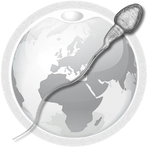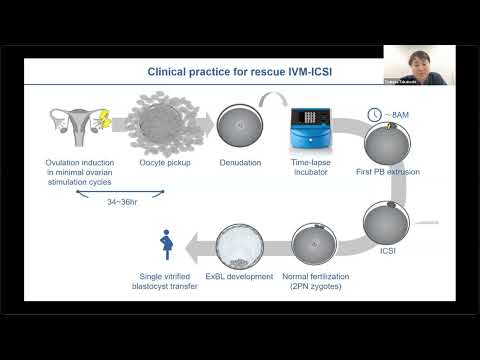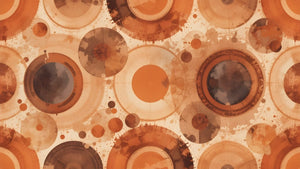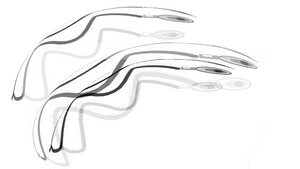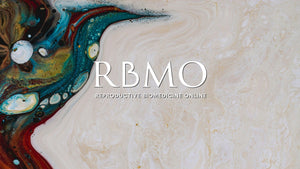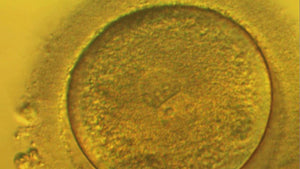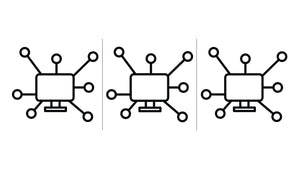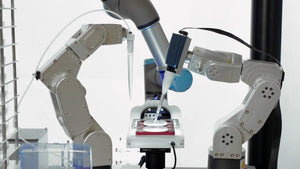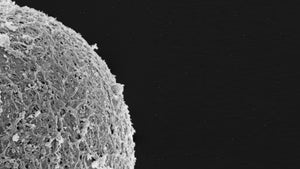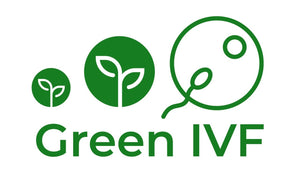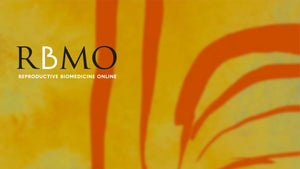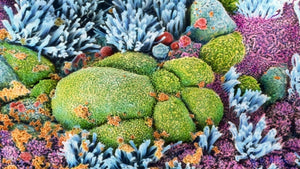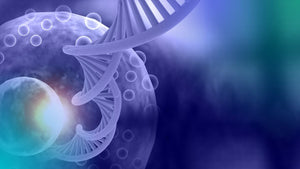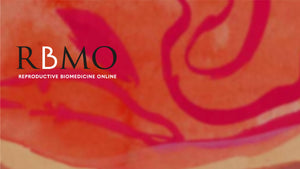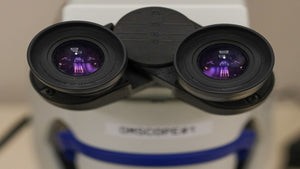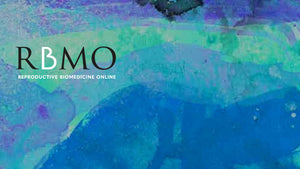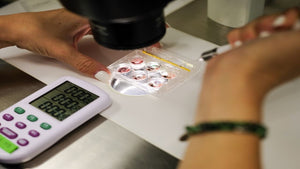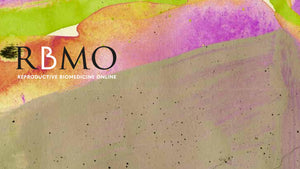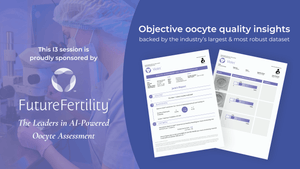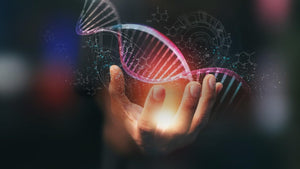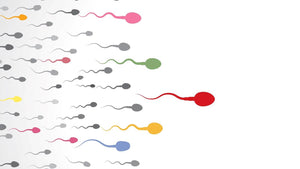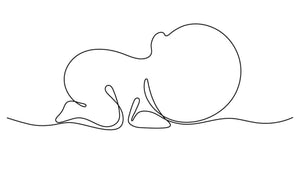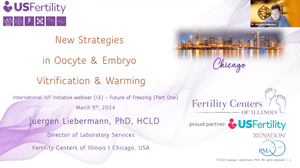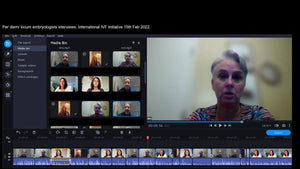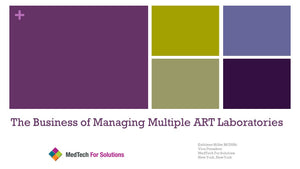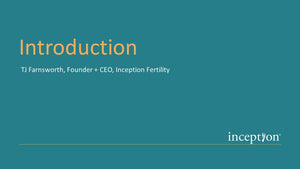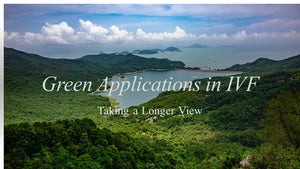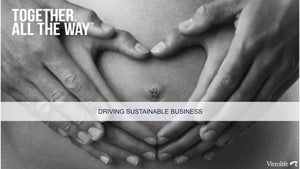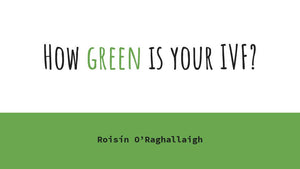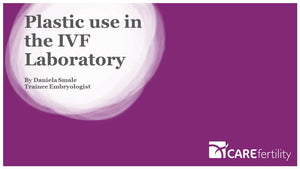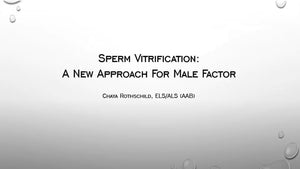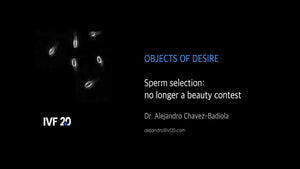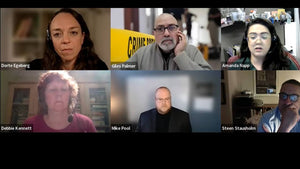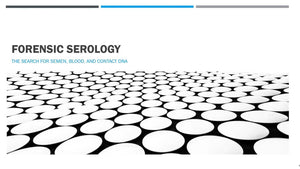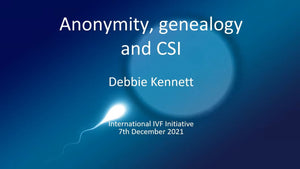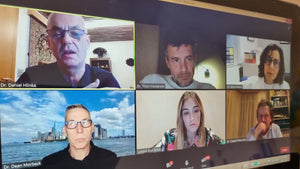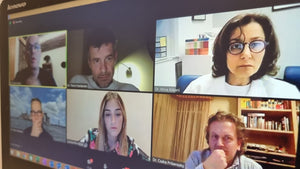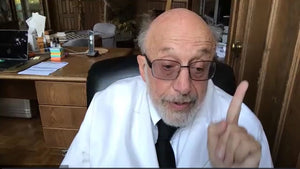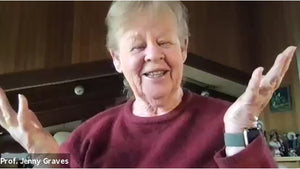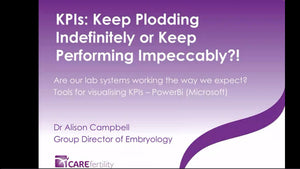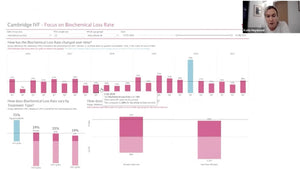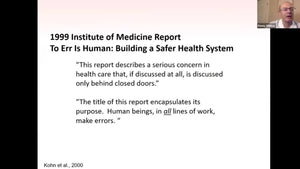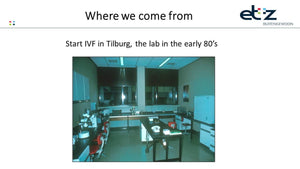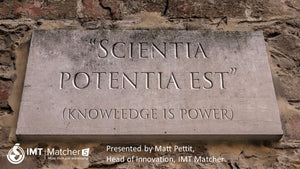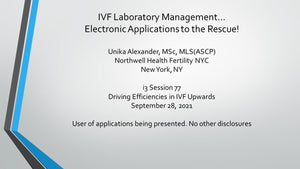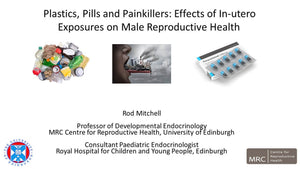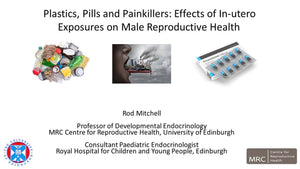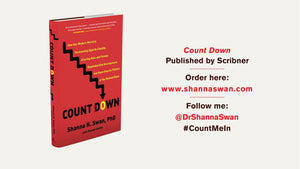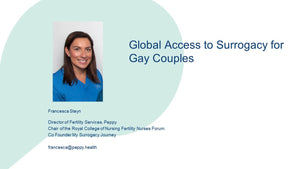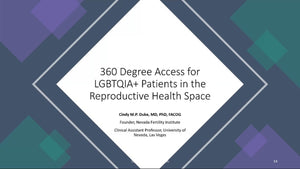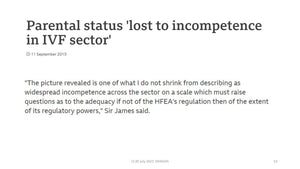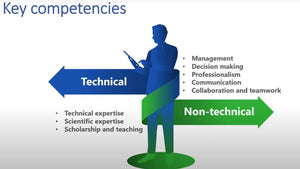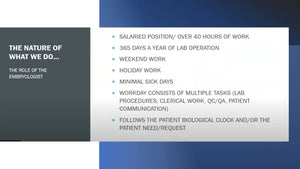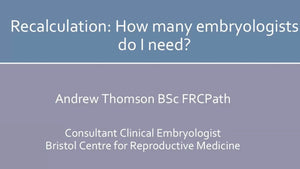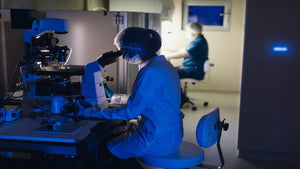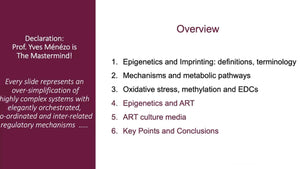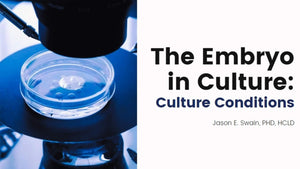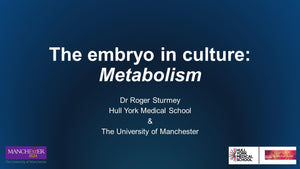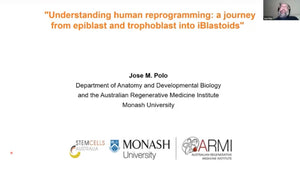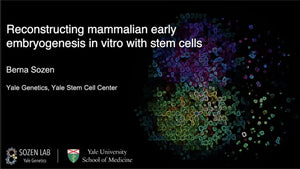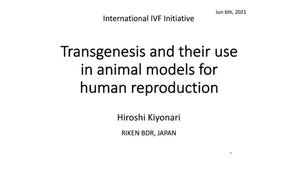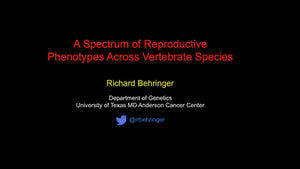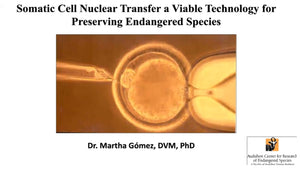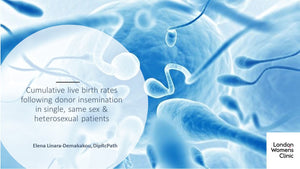
Session 159: Mature Thinking: Innovations in IVM

Donate
At the International IVF Initiative, we are committed to providing free access to our educational sessions, webinars, and resources for professionals and individuals passionate about advancing reproductive medicine. We believe that cost should never be a barrier to knowledge and collaboration. By contributing, you’re ensuring that valuable educational resources, expert insights, and collaborative opportunities remain open to all without financial barriers. Together, we can continue to foster a global community dedicated to innovation and excellence in the field of IVF.
Your Donation
Thank you!
Session 159: Mature Thinking: Innovations in IVM
Tuesday 9th September 3pm ET, 8pm BST, 9pm CET
A webinar kindly sponsored by Future Fertility
Moderators:
Moderators:
Prof. Christiani Amorim
Dr. Emna Ouni
Prof. Johan Smitz
Panellists:
Dr. Lan Vuong and Jullin Fjeldstad
Speakers:
Tsubasa Takahashi: Rescue IVM-ICSI: Clinical Applications and Implications
Dr. Flor Sánchez: CAPA-IVM: Advancing beyond traditional IVM.
Round table discussion and Q and A
Synopsis
Session 159: Mature Thinking: Innovations in IVM** took place on Tuesday 9th September at 3pm ET, 8pm BST, and 9pm CET. Kindly sponsored by Future Fertility, the webinar explored the growing importance of in vitro maturation (IVM) of oocytes within assisted reproductive technologies, highlighting clinical applications, evidence supporting its use, and innovations shaping its future.
The session was moderated by Prof. Christiani Amorim, Dr. Emna Ouni, and Prof. Johan Smitz. Prof. Amorim, a leading researcher in reproductive physiopathology at Louvain in Belgium, shared her extensive work on ovarian tissue preservation and fertility restoration. Dr. Ouni brought her expertise in multidisciplinary characterization of human organs and biomimetic ex vivo models, while Prof. Smitz, known internationally for his pioneering research in follicle biology and development of CAPA-IVM, offered unique clinical and scientific insights.
Speakers included Tsubasa Takahashi, an embryologist at Kato Ladies Clinic in Tokyo, who presented on Rescue IVM-ICSI and its clinical applications, drawing on his experience in oocyte maturation and embryo development. Dr. Flor Sánchez, a biologist with a PhD from the Free University of Brussels, presented on CAPA-IVM and her research refining oocyte culture conditions to mimic physiological environments.
The panel discussion featured Dr. Lan Vuong, one of the pioneers of IVF in Vietnam and the clinician behind the country’s first successful IVM pregnancy in 2006, who has since overseen nearly 6,000 IVM cycles and over 2,600 births. Jullin Fjeldstad contributed further perspectives from her own clinical and scientific experience.
The webinar concluded with a round table discussion and Q\&A, where participants had the opportunity to engage directly with the panel. The session offered attendees not only a comprehensive overview of the current state of IVM but also valuable insights into how innovations are likely to influence patient care and expand reproductive possibilities in the years to come.
Prof. Christiani Amorim
Christiani received her PhD in Veterinary Medicine from the Universidade Federal de Santa Maria, in Brazil, and transitioned from animal reproduction to human fertility in 2007 as a postdoctoral fellow at the Catholique University of Louvain in Belgium, developing alternatives to restore fertility in cancer patients. Currently, she is a professor at the Catholique University of Louvain, where she also serves as head of the Research Pole in Physiopathology of Reproduction. Her group conducts research on ovarian tissue preservation, photodynamic therapy, cell differentiation, and ovarian tissue engineering. Christiani is also an honorary research associate at the Belgian National Fund for Scientific Research and Chief Scientific Officer from ProFaM.
.
Dr. Emna Ouni
As a PhD and a bioengineer, Emna Ouni has been particularly enthusiastic and impressed by the perspective of creating artificial organs on demand. But soon, she noticed how much limited our knowledge about the human cells’microenvironment (matrisome/extracellular matrix) is and how it is hampering any attempt of creating biofunctional designs. This is when she chose to make biomimetism her mission.
This mission started by reverse bioengineering the human ovary and developing tailored methods to unravel the proteomics, biomechanics and architecture of the human ovarian matrisome from prepuberty to menopause. This led to providing a first blueprint to leap to the next generation of bio-inspired tissue-engineered ovaries. Her ultimate goal is to carry on this mission and extend it to other tissues and organs to fuse engineering with fundamental research and use multidisciplinary approaches in order to create functional 3D models of human organs for precision medicine, regenerative medical applications and drug discovery.
Prof. Johan Smitz
Professor Johan Smitz MD PhD is based at the Free University Brussels (VUB), Belgium. He graduated as M.D. in 1980 and obtained his specialty in Clinical Pathology/Biochemistry/ Radio-Isotopes in 1986. He sub-specialised in Reproductive Medicine and got his PhD in 1993. In 1986 he has been director of the Endocrine Laboratory of the University Hospital. He became Professor of Endocrine Physiology and Reproductive Medicine in 1997 at VUB. He founded the Follicle Biology (FOBI) Research Laboratory in 1997 and was a member of the Steering Committee of the Centre for Reproductive Medicine at UZ-Brussel. His main activities are directed towards the implementation of innovative techniques related to oocyte and follicle biology from the research laboratory into the clinical activities in ART clinics.
Dr. Lan Vuong
Since 2016, her team has collaborated with the Follicle Biology Research Laboratory at the Vrije Universiteit Brussel (VUB) in Belgium to develop the biphasic IVM method, known as CAPA-IVM. Currently, her team performs approximately 400 IVM cycles annually. Dr. Vuong has authored or co-authored 185 scientific publications, including 21 focused specifically on IVM.
Beyond her clinical achievements, Dr. Vuong has played a pivotal role in supporting and training the establishment of most IVF centers across Vietnam. She also serves as a senior lecturer for numerous assisted reproductive technology (ART) training programs both within Vietnam and across the region.
Jullin Fjeldstad
Jullin Fjeldstad began her fertility career at the Victoria Fertility Centre in 2007, quickly becoming a senior embryologist and successfully holding the position of laboratory director for several years. She has a BSc. in Biology from the University of Victoria, Canada and a MSc. in Clinical Embryology from the University of Leeds, UK; achieving distinction in both areas. She has always held a passion for innovative ART technologies aimed to improve the fertility journey and patient IVF outcomes. Today, Jullin is the Head of Clinical Embryology and Scientific Operations for Future Fertility. She works closely with partnering clinics to ensure smooth onboarding of innovative AI-based tools within their laboratories. Additionally, she oversees Future Fertility’s scientific project collaborations, bringing research findings to international fertility conferences.
Tsubasa Takahashi
Tsubasa Takahashi is an embryologist at Kato Ladies Clinic in Tokyo, Japan. He graduated from the Tokyo Institute of Technology in 2016 and has worked as an embryologist for nearly 10 years. His primary research interests focus on oocyte maturation, fertilization processes, and the morphokinetics of pre-implantation embryo development. Throughout his career, he has contributed as a co-author to several published studies on human embryo development, particularly those utilizing time-lapse imaging and morphokinetic analysis. Recently, his first-author research paper was published in Reproductive BioMedicine Online (RBMO), in which he conducted a detailed analysis of the relationship between pronuclear (PN) size and clinical outcomes. He aims to contribute to the advancement of assisted reproductive technology through both clinical practice and research..
Dr. Flor Sánchez
Flor is a Biologist graduated from San Marcos National University, Lima, Peru.
In 2012 She obtained her PhD degree at The Free University of Brussels (VUB), under the guidance of Prof Johan Smitz, at the Follicle Biology Laboratory (FOBI).
Her research projects focused on the refinement of oocyte in vitro culture conditions in the mouse model, to promote physiological environments and achieve the expression of molecular markers of quality and differentiation like in vivo produced cumulus-oocyte complexes.
Between 2012-2014, she did a postdoc focusing on the translation of the CAPA-IVM technique to the human scenario, a collaborative project between FOBI and the UZ Brussels IVF clinic.
After that, she has been mainly working as a research consultant, guiding researchers through collaborative international projects that focus on human oocyte maturation.
She also has been working as a researcher and lecturer at two renowned Peruvian Universities in topics related to animal reproductive biotechnology.
